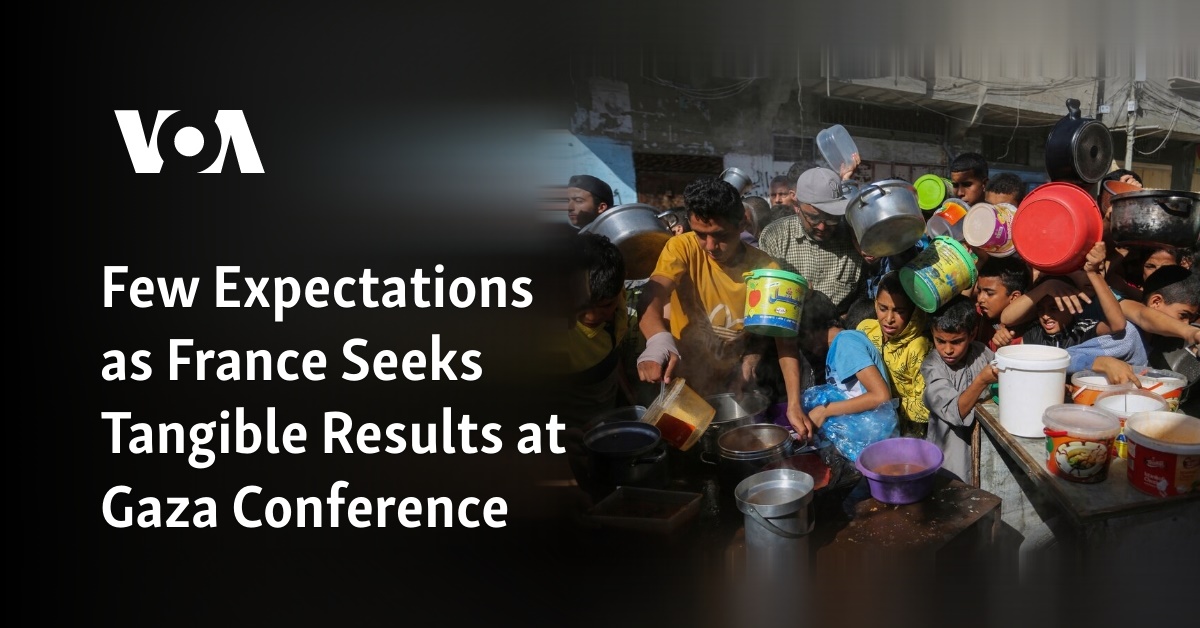
The African National Congress (ANC) seems to be on the way to losing the parliamentary majority it had in South Africa For 30 years, as partial results of the national elections show. It would be the most dramatic political change since the end of apartheid.
If the final result confirms the loss of its majority, the ANC would be forced to reach an agreement with one or more other parties to form a government – a situation that could lead to unprecedented political instability in the coming weeks or months.
Electoral Commission data on Thursday showed that the ANC’s share of the vote in Wednesday’s election was 43.4 percent after results were released from 20.4 percent of polling stations, while the pro-business Democratic Alliance (DA) received 24.8 percent.
The Marxist Economic Freedom Fighters (EFF) party received 8.8 percent, while uMkhonto we Sizwe (MK), a new party led by former President Jacob Zuma, was close behind with 8.1 percent. Its support is concentrated in Zuma’s home province of KwaZulu-Natal.
“I don’t think the ANC will get a majority,” said pollster Reza Omar of Citizen Surveys, noting that while the picture will evolve, it is unlikely to change to such a large extent.
South African broadcaster eNCA predicted that the ANC would end up with 45 percent of the vote, while the DA would remain the largest opposition party with 21 percent.
“The ANC looks forward to a clear mandate from voters to continue the work of transforming South Africa and building a better life for all,” the party said in a statement.
Tessa Dooms, director of the Rivonia Circle think tank in Johannesburg, said the early results were skewed in favour of rural areas, where she would have expected a stronger showing for the ANC. “The rural voters come early and are always much smaller. The urban voters come quite late. I think this election is going to be much more closely contested in the urban areas,” she told Reuters at the results centre in Midrand, north of Johannesburg.
According to the South African constitution, the newly elected National Assembly will elect the next president. With the ANC still on track to become the largest party, this will likely be its leader Cyril Ramaphosa, the incumbent president.
A poor showing, however, could leave him vulnerable to a leadership challenge from within his own ranks, either in the immediate future or at some point during his term in office.
As South Africa enters uncharted political territory, Simon Harvey, head of foreign exchange analysis at Monex Europe, said the speed with which a coalition could be formed was an indication of what was to come.
“If the process drags on, there may be concerns about political deadlock in the future,” he said.
The uncertainty weighed on South African markets, with the rand losing more than one percent against the US dollar, hitting its lowest level in four weeks, while the broader stock index fell more than two percent, its worst day in six weeks. The country’s international bonds lost as much as a cent against the dollar.
The ANC has won national elections every five years since the historic 1994 election that marked the end of apartheid and the rise of Nelson Mandela to the presidency. But since those heady days, support for the ANC has declined amid frustration over issues such as high unemployment and crime, frequent power outages and corruption.
In the last election in 2019, the ANC won 57.5 percent of the vote, the DA 20.8 percent and the EFF 10.8 percent, based on a turnout of 66 percent of registered voters, which the Electoral Commission says is likely to be even higher this time.
At the provincial level, initial results showed the ANC receiving 35.7 percent of the vote in the key Gauteng province, which includes Johannesburg, the country’s economic capital, and the sprawling townships of Soweto and Alexandra, the ANC received 29.6 percent and the EFF 10.8 percent. In KwaZulu-Natal, a populous eastern province that includes the major city of Durban, Zuma’s MK performed strongly, receiving 43.2 percent of the vote, while the ANC received just 21.7 percent. KwaZulu-Natal is his home province and he is very popular there.
Zuma was forced to resign as president in 2018 following a series of scandals and has since fallen out with the ANC leadership, prompting him to throw his weight behind MK. The party, named after the ANC’s apartheid-era armed wing, appeared to be costing votes to both the ANC and the EFF.
“MK will be a real player. The fact that it is working closely with the EFF is significant because they want to appeal to the same voters,” Ms Dooms said.
By law, the electoral commission has seven days to announce the full results, but in practice it is usually quicker. In the last election in 2019, voting took place on a Wednesday, as it did this year, and the final results were announced on Saturday.
The new parliament must convene within 14 days of the announcement of the final results and its first official act must be to elect the president.
If the ANC’s loss of the majority is confirmed, up to two weeks of intensive and complex negotiations on the formation of a new government could lie ahead.
Reuters






Recent Comments